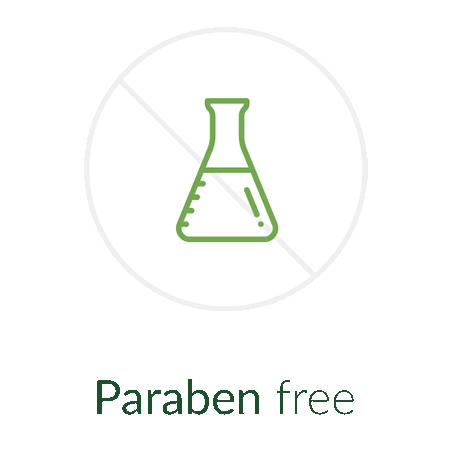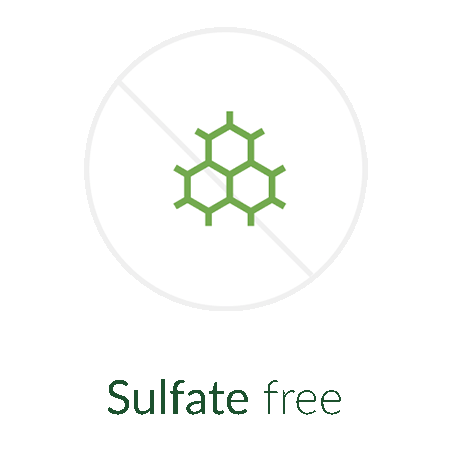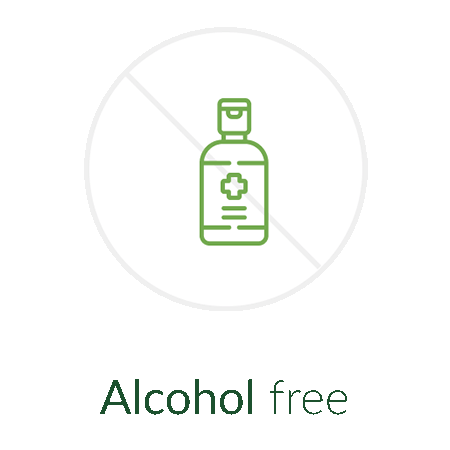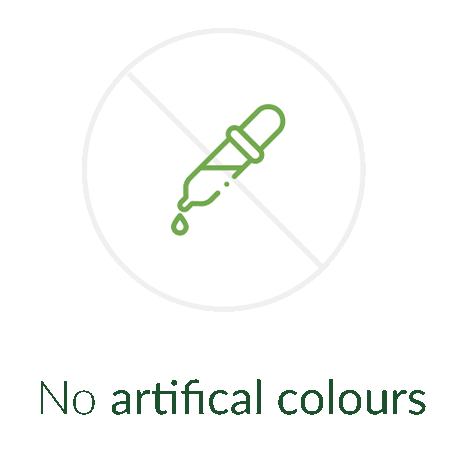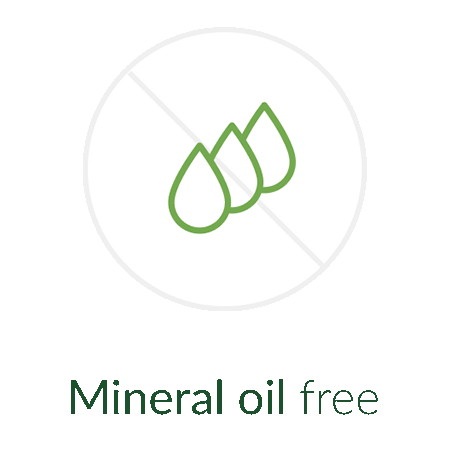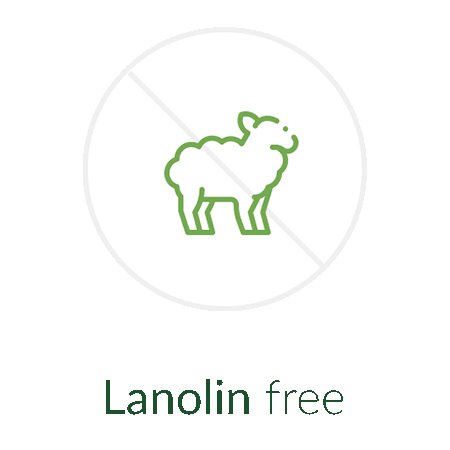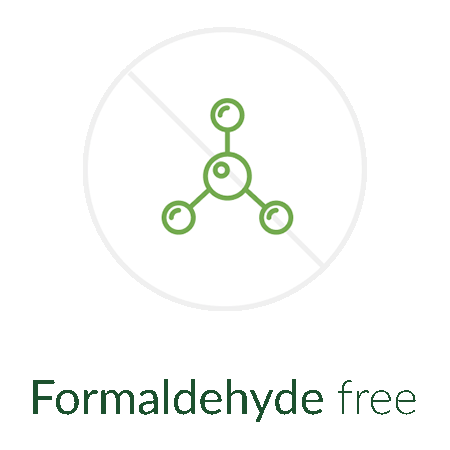Did you know that up to 50% of the world's coral reefs have already been lost or severely damaged? Scientists predict that all corals will be threatened by 2050 and that 75% will face high to critical threat levels.
At Pevonia we believe it is our responsibility to create products that are made with great respect for nature. That is why our products are free from harmful chemicals, sustainably sourced with biodegradable formulas that will not harm the earth when discarded.
Pevonia’s latest innovative sunscreen not only protects you, our customers, but it also protects our precious oceans and reefs! Designed for use outdoors AND indoors, we’ve put together some information to help you understand the importance of this new revolution.
What Exactly Is Sun Damage?
Sun Damage is the result of exposing the skin to UV light over a cumulative period of time. This damage effects skin changes that lead to 90% of visible premature ageing signs or “accelerated” ageing. The side effects of unprotected UV exposure are:
- Immediate: sunburn
- Mediate to long term: photo-ageing (wrinkles, pigmentation disorders, elastosis, etc.)
- Long term: photo-ageing and skin cancers
The first step to skin damage caused by Sunburn is:
- After acute and intense sun exposure, the dermis (the thickest layer of the skin) responds with increased circulation as a defense mechanism
- UV energy causes the skin to get red, warm up, swell, itch, and get painful to the touch
- Depending on the intensity and duration of UV exposure along with one’s phototype, the skin may or may not burn, tan, and even peel off
What Exactly Are Sunscreens?
Sunscreens are agents mainly indicated for the prevention of sunburn. But using sunscreens on a regular basis not only limits the skin’s exposure to the sun; it may also help in reducing long-term skin damage that leads to premature ageing, and skin cancers
Why should you use a Sunscreen daily?
- Prevents damaging sunburn
- Minimises the risk of skin cancers
- Reduces accelerated skin ageing
- Reduces unnecessary inflammation
- Provides antioxidant protection
- May help prevent skin discolourations
- Keeps the skin moisturised, healthy, and young looking…
But should you use a sunscreen indoors?
Of course, sunscreens are designed for outdoor use, as this is where most of the UV rays exposure happens. For sunscreens to be most effective, they need to be applied before outdoors exposure. This guarantees proper bonding with the skin to offer maximum protection. However, it is often neglected to use sunscreen protection indoors because it is not associated with sun exposure. But the reality is that we are also exposed to UV and other skin damaging rays indoors:
- UV radiation that penetrates through glass windows (UVA)
- UV radiation that reflects off light coloured and white, shiny surfaces (UVB)
- UV radiation produced by halogen light bulbs in household lamps
- Infrared radiation penetrating through windows, emanating from electronic equipment, appliances, etc.
- Artificial visible light or blue light produced by screens (TVs, smartphones, tablets, computer monitors, etc.)
Due to all these reasons, it is recommended to wear sunscreen, on a daily basis, even if indoors.
What types of Sunscreens agents are there?
Solar protection can be offered by at least three different types, according to their mechanisms of action: Physical, Chemical, and Biological:
- Physical sunscreens are very effective, as they reflect, scatter and block most UV light. Titanium dioxide and zinc oxide are well known representatives of this group.
- Chemical protection (not synthetic), as in the case of ingredients such as Avobenzone, Octinoxate, etc., which absorb and breakdown UV rays into energy source.
- Biological protection, as in the case of natural ingredients from botanical or vegetal origin, which can reduce cellular damage in different ways and restore vital functions.
- Some sunscreen products use a combination of some, or all of these types of agents.
What does SPF actually mean?
- Sun Protection Factor or SPF, is a numeric value that indirectly expresses a measure of time it should take the skin before it shows the first signs of erythema (redness), when exposed to UVB light.
- SPF is in other words, an indication of how long users who apply the sunscreen properly can expect to safely stay in the sun without burning.
- The higher the SPF number, the more protection is provided…however, protection does not actually increase proportionately with its designated SPF number. An SPF15 filters about 93% UV, while an SPF30 filters 97%+ UV rays. Based on this, for example, an SPF 70 or higher will not offer a truly measurable advantage…
What’s the latest talk on Sunscreen Ingredients Controversy?
An increasing concern about the possible side effects and damage on wildlife and coral reefs have created a bad omen over certain chemical sunscreen agents, in a way that can affect future regulations by the FDA. For the moment, current trends and consumer demand point to the use of mineral based sunscreens due to being safer on the skin, and the environment. Due to these controversies, committees in charge of protecting the health of the people and the care of the environment are proposing a ban of certain sunscreen ingredients in 2021.
The latest concern is Blue Light – what is this?
Blue light is part of the sunlight spectrum also known as high energy visible (HEV) light. Due to the high energy property of this light range, it can enter the skin deeply and reach the dermis where some of the most important components are located, such as: collagen, elastin, hyaluronic acid and others. This action leads to premature ageing and the signs and symptoms associated with it including the early onset of lines and wrinkles, elastosis, melasma and hyperpigmentation and possibly skin cancer. Presently, this type of light is ubiquitous and produced by the everyday use of electronic devices like computer monitors, some modern television sets and smartphones. In the past, no clinical trials have verified in detail the harmful impact on skin caused by everyday blue light exposure.
What are the solutions to blue light exposure?

A French research firm found out that blue light exposure causes cellular stress and damage to the mitochondrial network of fibroblast cells. To find a solution to the problem caused by blue light, they studied the benefits of a unique ingredient extracted from Indian Ginseng Roots (Withania Somnifera) to repair and prevent the damage caused to the skin.
Research demonstrated that the extract of the roots of Withania Somnifera was capable of recuperating cellular vitality and function to damaged skin cells. Pevonia has since incorporated this extract into their new sunscreen formulation.
What is so special/unique about Pevonia’s new mineral-based sunscreen formula?
- It contains only safe ingredients, like Titanium Dioxide and Zinc Oxide (never nanoparticles)
- It contains also botanical ingredients to support skin wellness and thorough protection
- It features Pevonia’s proprietary SunShield technology with a potent four-fold protective action. SunShield safeguards the skin from sunburn, accelerated ageing, hyperpigmentation, and dehydration caused by continuous exposure to UV, infrared, and blue light rays
Are you ready to let your skin dive into a clean beauty sunscreen innovation?
Deeply hydrate and protect your skin from harmful UV rays with Pevonia’s Hydrating Sunscreen Broad Spectrum SPF40! Not only a wonderful product for the beach; this sunscreen is light in weight but strong in terms of protection – perfect for daily indoor/outdoor use.
This easy-to-apply, broad spectrum, Mineral Sunscreen is ideal for all skin types and delivers superior protection for the entire family. Containing Pevonia-Exclusive SunShield Blend, it not only renders the skin ultra-hydrated, soft, and radiant, but also provides immediate protection by shielding the skin from burning, ageing (UVA/UVB), and infra-red rays. It works to safeguard, repair, and prevent sun damage while effectively preventing premature ageing due to sun exposure. Pevonia has proudly formulated this product to be Ocean-Friendly and Reef-Safe.
Pevonia’s Hydrating Sunscreen SPF40 delivers Blue Light Protection from electronics and protection from environmental stressors, such as pollution and smoke. Additionally, it absorbs quickly and easily without any of the streaks or chalky residue associated with typical mineral sunscreens, so it can be applied as the last step of your morning skincare routine and used as a primer before makeup, if you wear it.
Pevonia harnesses the power of nature with potent ingredients such as:
- Zinc Oxide & Titanium Dioxide – scatters UV light for sun protection
- Hyaluronic Acid (from Sugar Beet) - deeply hydrates and smooths wrinkles, de-ages
- Aloe Vera – soothing; replenishes, moisturises, heals, and hydrates
- Green Tea – antioxidant; soothes, calms, and heals
- Argan Oil, Vitamin E, Vitamin C – neutralises free radicals, reduces cellular oxidation, promotes healthy collagen formation, and retains moisture

Also in the Pevonia Sun Line:

Phyto-Aromatic Mist (200ml). This is a lovely multi-use lotion that can be used to soothe the skin after sun exposure. It is also wonderful as a refreshing spritz on the face at any time. The Hyaluronic Acid and Aloe have a hydrating effect, whilst Chamomile, Calendula, and Rose soothe and calm the skin.
After-Sun Soothing Gel (150ml). This is the perfect product to use after sun exposure. It soothes and cools the skin to reduce any discomfort. It deeply hydrates and helps to reduce skin damage through the use of Water Lily, Sodium Palmityol Proline and Sorbitol. Additionally, Green Tea helps to neutralise free-radicals, and calms inflammation and irritation.
YouthRenew Tinted Cream (30ml). This extraordinary 5 in 1 multi-action daily defense cream with Broad spectrum SPF 30, protects from UVA/UVB rays. Delivering an anti-aging effect, it's rich in Collagen, Vitamin C, and Green Olive Extracts to conceal while repairing lines and wrinkles, whilst the subtle natural tint reduces the appearance of enlarged pores for an effortless, flawless look anytime.
Pevonia's Hydrating Sunscreen Broad Spectrum SPF40 is suitable for Vegans Ⓥ.
For more information on why you should protect your skin indoors and outside, please read our Blog - HERE.

